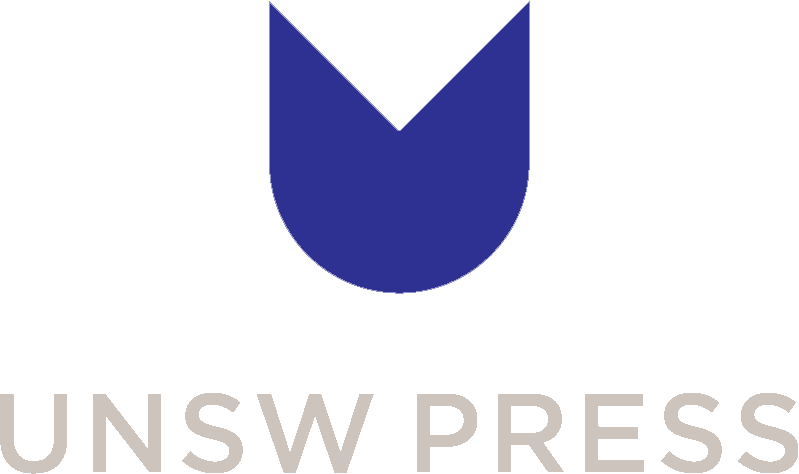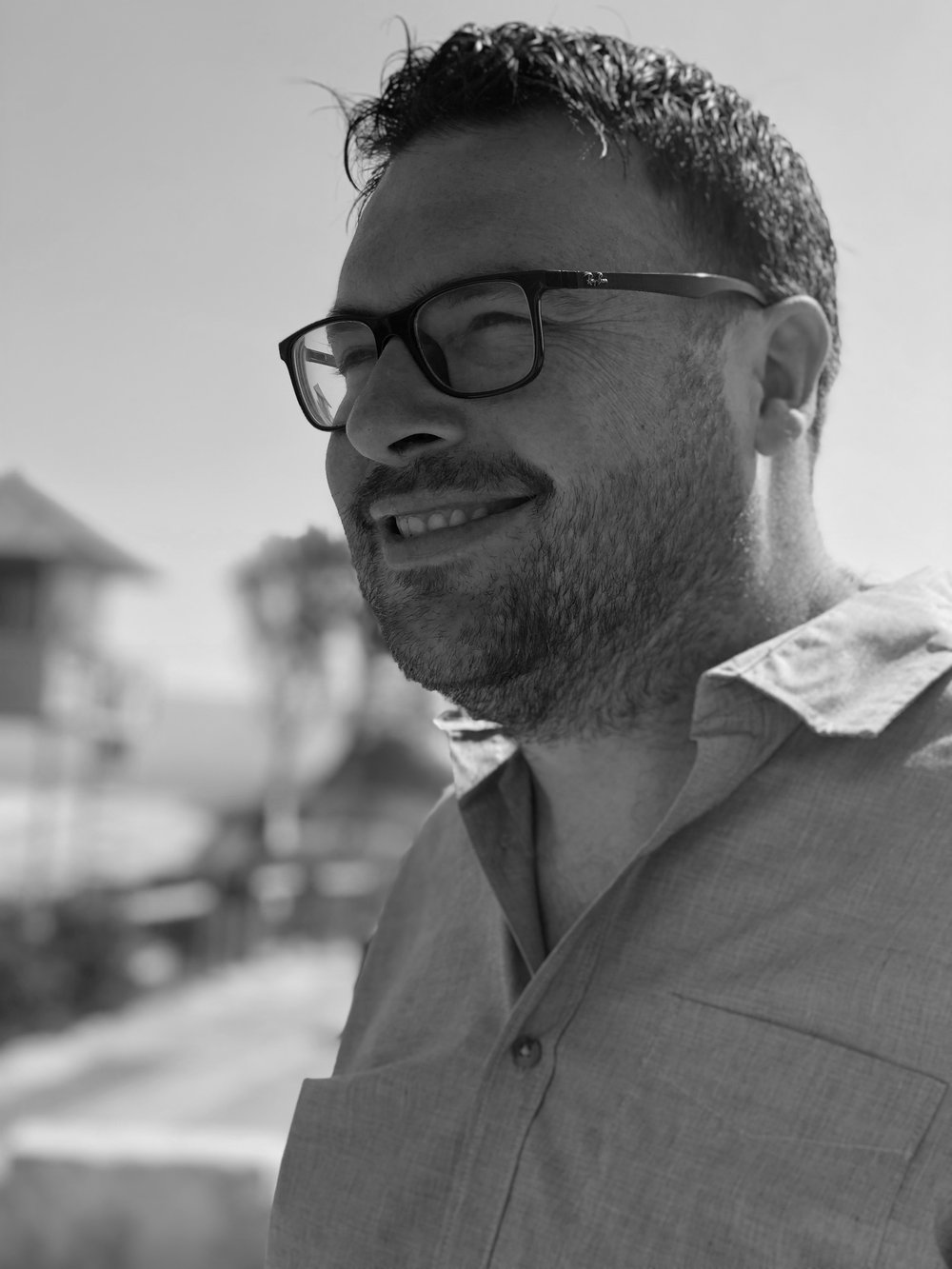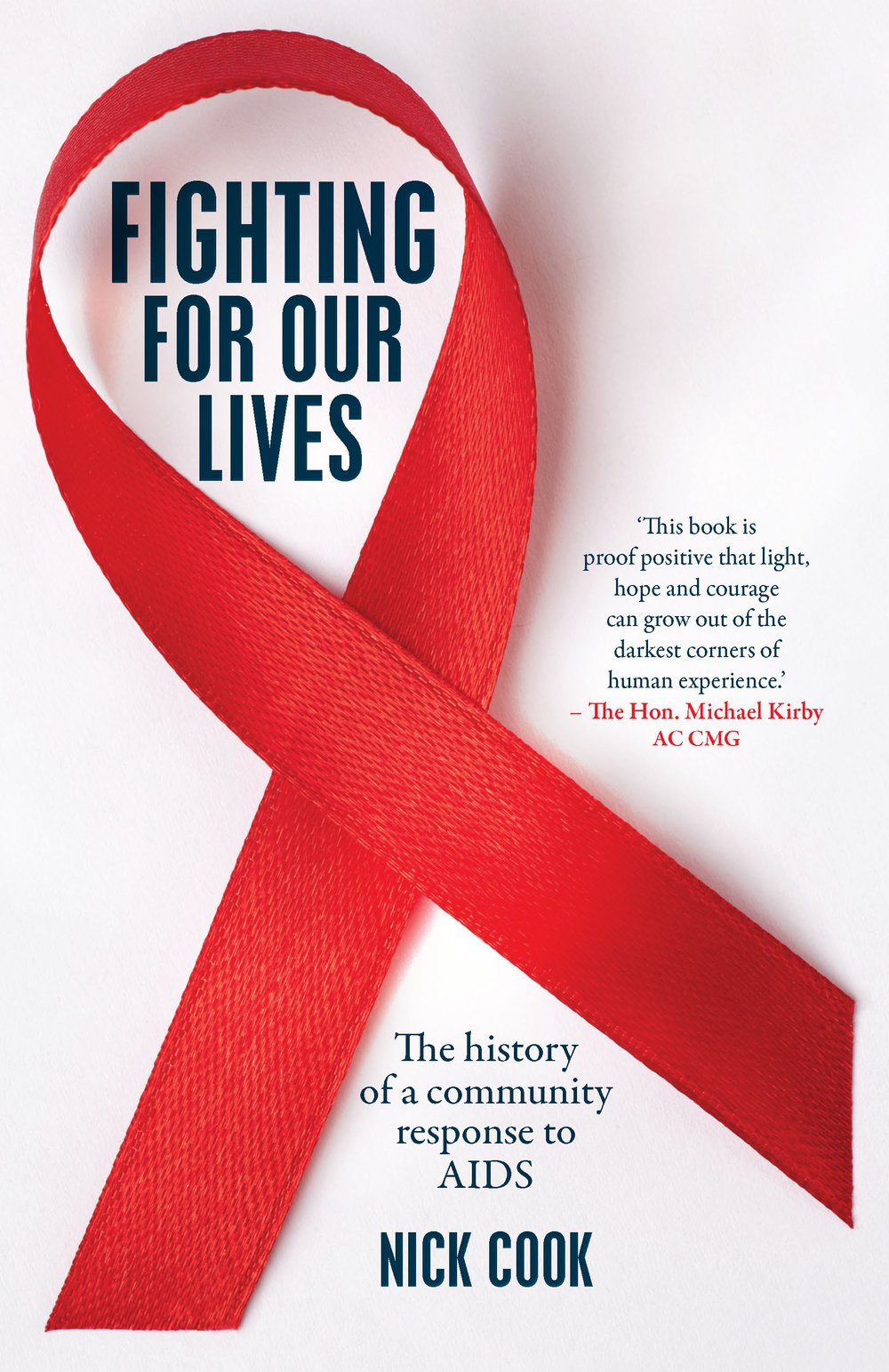Prologue
There is a brotherly bond between the men I am speaking to, forged through shared experiences of the most intense kind, that is palpably strong and unintentionally exclusive. It is like sitting with war veterans. As I listen to them I sense depths to the conversation that I will never be able to fathom. Even after two years of research, I know that I have barely scratched the surface of understanding what their generation lived through. My own experiences are a shadow of their dramatic journey. I have taken The Test with some anxiety, but I also had the luxury of knowing the worst possible result would never be a death sentence. I have added my voice to the shouted chants at protest rallies, but never to demand something so fundamental to my existence as approval for drugs that might – just might – extend my life long enough for the next medical breakthrough. I have said goodbye to friends, but never with the knowledge they are about to commit suicide. I have had relationships end, but none of them in a hospital ward. I have carried my share of coffins, but I have never been so inundated by death that I had to choose between several funerals on the same day. I have marched in the Mardi Gras parade, but I have not scattered anybody’s ashes along the route.
One of the first tasks I undertook was to read and take notes from every single Sydney StarObserver between 1985 and 2000. It was like experiencing the epidemic in fast forward. I came to understand, to a small extent, how awful it must have been to pick up that crucial publication during those dark years. I fell into a practice I have since learned was common at the time, turning straight to the obituary pages of each issue to see who was among the latest casualties. The night I found the face of Terry Giblett, an inspirational man I had added to my ‘must interview’ list, it was like a punch to the stomach and I wept uncontrollably. It has been very distressing to experience the decline and death of people I feel I know well. But my relationship with them is one-way and by proxy, pieced together through yellowing pages from forgotten archive boxes. It gives me only a shallow insight into what it was like for those who really did know these fallen heroes, who worked with them and danced with them and nursed them through their final days.
I knew before I started that this was a dramatic story of illness and death, of fear and anger, of hate and discrimination – though I was stunned by the sheer extent. What I didn’t know was how much else there is to the story, with valuable lessons that are relevant today and into the future. It is a story of communities on the bottom rung of society, oppressed and fighting for survival long before they knew of the plague within their midst, who could have been destroyed but instead came together in a way that made them invincibly strong. It is a story of politicians who could easily have caved to public demands for draconian action, but instead took an enormous leap of faith and welcomed the stigmatised victims to the decision-making table. It is a story of doctors who managed to set aside their own institutionalised hubris to engage directly with patients in a way that had never been done before, creating a new model of public health. More than anything, it is a story of optimism and cooperation. Those three groups – the affected communities, politicians and medicos – forged an unprecedented alliance. Together they were able to develop one of the world’s most successful responses to one of the most serious health threats in human history. The battle is not yet over, but it cannot be denied that here in Sydney is where the virus met its match.
It is a story that must never, ever be forgotten.
Nick Cook's book Fighting For Our Lives: The history of a community response to AIDS will be published by NewSouth in February 2020.



